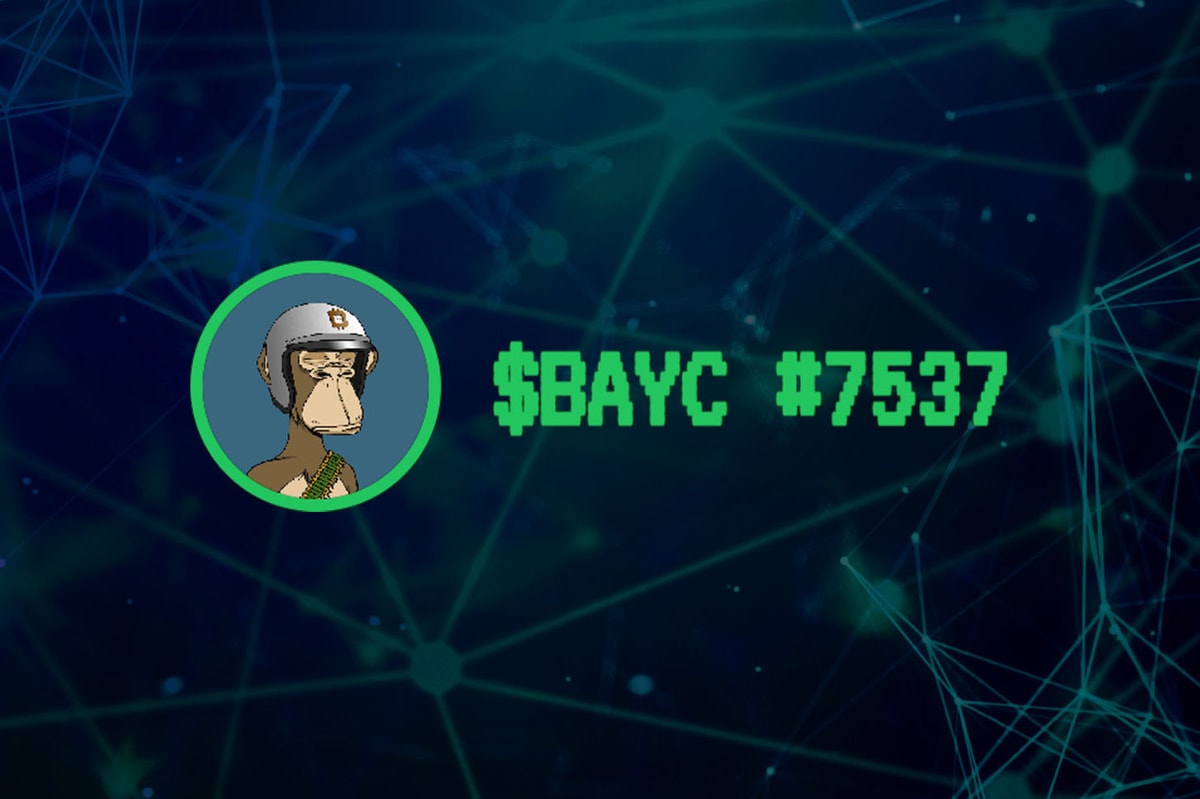What may be coming in terms of industry regulation is a common concern and area of speculation among crypto insiders. As regulators steadily prepare for crypto’s growth, they may be struggling with confusion around its new and varied assets, or they may be wondering if there are aspects of the underlying technology that must also be addressed.
As the people who best understand the industry, its technology and its unique assets, crypto leaders need to ensure their input is heard by global regulatory agencies. Here, 13 members of Cointelegraph Innovation Circle share important things regulators should keep in mind when reviewing crypto as an asset class.
You must first know if a specific asset is decentralized
The primary novel concept brought out by crypto is decentralization, where no single entity has control over the data or the rules of a coin or token. Understanding how to determine if a specific asset is decentralized, either directly or indirectly, allows regulators to determine which assets should be subject to regulations specific to decentralized assets and which should be subject to existing law. – Arie Trouw, XYO
It can’t be grouped into existing securities laws
Crypto is not an asset class like others, so it cannot be grouped into existing securities laws. It is a gray area, and even top legal teams in the Web2 world will not touch it until there is better clarification from regulators. We can solve problems that require noncustodial, strict counterparty rules as needed, but in the long run, new frameworks need to be established under new guidelines. – Jagdeep Sidhu, Syscoin Foundation
The crypto community is willing to work with you
Regulators should treat the crypto asset class like a mid-puberty teenager. The more you tell them what to do, the more they will resist and do the opposite. The crypto industry is vocal, close-knit and more than prepared to offer feedback and work with regulators — something that is also often misconstrued. – Herwig Konings, Security Token Group
Cryptocurrency has the qualities of both a security and a commodity
Cryptocurrency is not a security or a commodity but a digital asset. It has unique characteristics that require its own unique regulatory framework. To people at the Securities and Exchange Commission, crypto looks like a security; to people at the Commodity Futures Trading Commission, it looks like a commodity. It does have qualities of both, but digital assets are still unique and require unique regulations. – Charlie Silver, Permission.io
There are nuances between different parts of the crypto ecosystem
The most crucial part is understanding the nuances between different parts of the crypto ecosystem. For example, stablecoins are backed by real-world assets, NFTs are backed by art or utility and Bitcoin is backed by electricity. It’s essential to understand the differences and not regulate all crypto simultaneously. – Tim Haldorsson, Lunar Strategy
Historic regulatory criteria aren’t a fit for crypto
Protecting investors and fostering innovation requires a delicate balance. The new texts should depart from the Howey Test. Community-based initiatives powered by decentralized technology should not be scrutinized using a 1946 test. Widespread recognition of decentralized autonomous organizations as LLCs is critical to drive innovation. Entrepreneurs are in urgent need of this. – Carlos Gomez, Belobaba Crypto Fund
The underlying technology doesn’t need regulation
Crypto is not a new technology. Distributed ledgers are just databases with a new storage paradigm. Regulating either of these technologies is not required. When relational databases came out, governments didn’t write a ton of legislation to combat databases. All DLT and crypto do is change the “how” of what we have been doing for 30-plus years. Now is the time to review and provide guidance. – John Wingate, BankSocial
The law must innovate alongside the technology
For true advancement of society, innovation in law and technology should go hand in hand. If regulators view disruptive technologies through the lens of decade-old laws, they will not only be unable to comprehend their potential benefits but also deter millions of young entrepreneurs trying to build the next big thing. So, before making any decisions, the regulatory body should be clear about the subject. – Dev Sharma, Blockwiz Solutions Limited
Any framework should be extensible and flexible
In my opinion, the most crucial part is that any framework that the regulators put in place must be extensible and flexible. The reason for this is that the crypto space is still in its infancy and is continually changing. I believe it is important for regulations to be implemented to protect consumers, but they should definitely be extensible. – Billy Huang, Insomnia Labs
Smart contracts should be standardized
We need to think about the smart contract auditing process. Writing smart contracts is not as complicated as many would think. The fact that they’re open-source is a double-edged sword, because that allows anyone to clone a malicious contract, whether the intent is to deceive or not. For example, smart contracts can implode with unsound tokenomics. Standardization of contracts might be helpful. – Gary Riger, HeyLayer
Privacy must be respected
Privacy is king, and it must be respected. The growth of decentralized finance has shown regulators how popular operating without “big brother” is. If you want to regulate and “protect” people it has to be done in the right way. Implementing Know Your Customer and Anti-Money Laundering can be fine if a user isn’t forced to share their data with everyone but rather can share select data to a select few in a trustless environment. – Rupert Barksfield, Amulet
Project viability could benefit from more oversight
One of the places we could use more transparency and oversight concerns the viability of projects. Any new solution brought to the DeFi marketplace should be accountable for maintaining the integrity of user information, value and trust at every stage of the crypto journey. Until regulators step up, exchanges and funding platforms must get better at discerning truth from financial fiction. – Oleksandr Lutskevych, CEX.IO
Compliance shouldn’t come at a high financial cost
Regulators need to ensure that they don’t create rules that could put a financial strain on up-and-coming projects. The costs of managing compliance issues could prove too expensive for less-established companies. If this is the case, it could lead to the crypto sector missing out on high-potential projects. – Sheraz Ahmed, STORM Partners
This article was published through Cointelegraph Innovation Circle, a vetted organization of senior executives and experts in the blockchain technology industry who are building the future through the power of connections, collaboration and thought leadership. Opinions expressed do not necessarily reflect those of Cointelegraph.
Learn more about Cointelegraph Innovation Circle and see if you qualify to join.










